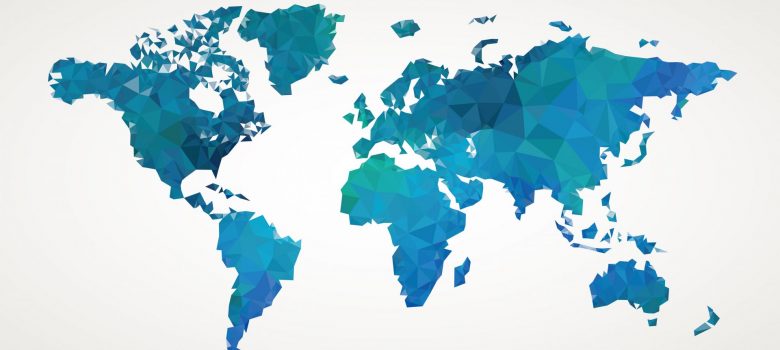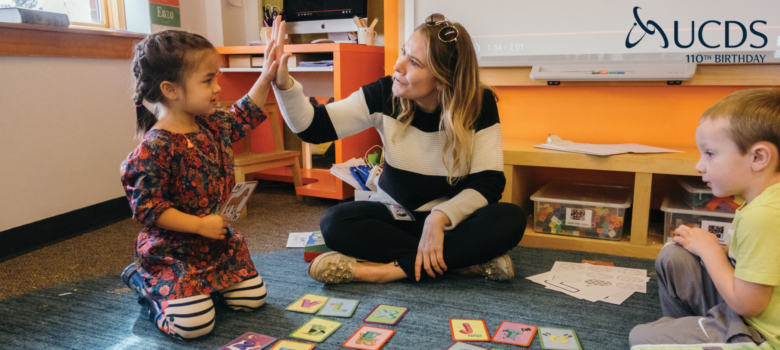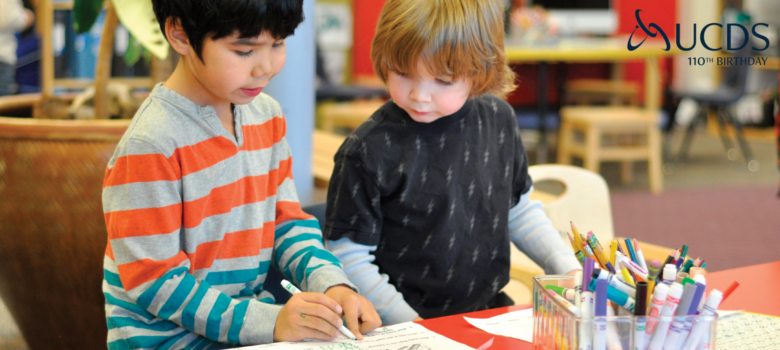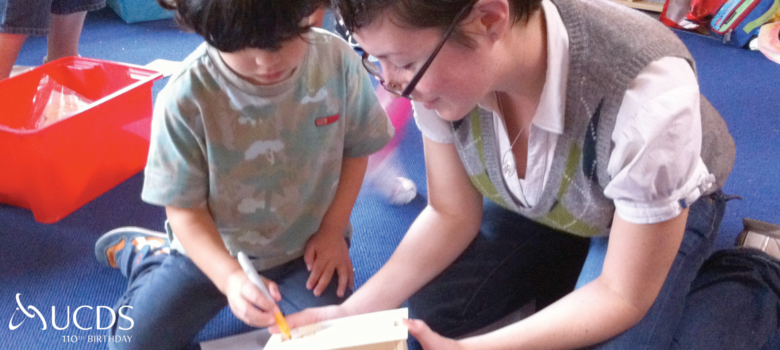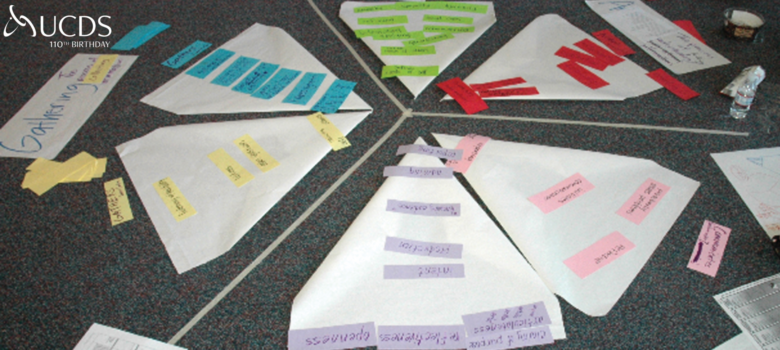by Carissa Osborne, 1-2 Teacher
Society is driven by the mindset of the collective. Our raindrops of personality and perspective assemble to form the pooling pond that makes up our communities. Ebbing and flowing with each ripple, the mass surges on into a brave new world. This world is one to be revitalized by future generations. A drop cannot shift the circulation of the water as much as a rainstorm can flood the channels, disrupting the river’s rhythm. One idea may not cause grand societal change, but a generation with a belief can transform our world! Polluting the water with discriminatory thoughts and ideas bleeds into the mentality of the masses. Rather, through spreading ideas of inclusion, acceptance, diversity, and equity, we can shift the mindset of our society and leave a new legacy that lasts.
Teaching with a multicultural, asset-based lens opens a new context for students, showing them an authentic view of our world and the world of the people that walked this earth before us. It is imperative to apply this beyond history lessons, but to all subjects. When learning mathematics, students are often taught about contributions from Euclid, Plato, and Archimedes, rather than the lesser-known, but just as significant, Abu Kamil, Muhammad ibn Musa al-Khwarizmi, the Subla Sutras text, and the Zhoubi Suanjing text. Through expanding and breaking down the predominately white perspective in which Western education is taught, students not only learn a richer historic truth but enter the world with diversity being a norm, rather than just an idea.
In the 1-2s, inclusion has been a top priority. Dissecting what we were taught during our education allowed us to build and design a curriculum centered around what mattered most to us—that students leave with the beliefs and understandings that history is more than one race or gender’s accomplishments, that all people in the world deserve to feel loved, and that the world is larger than one’s individual experiences. These are big topics that even us teachers are still learning and exploring. But if we plant the seed now, we can grow a new society. A world shaped by the next generation embracing diversity and change.

